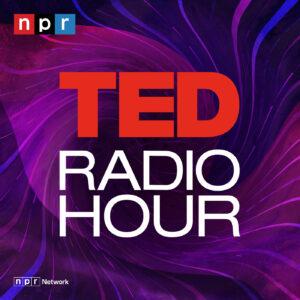
In this episode of “Stuff You Should Know,” hosts Josh and Chuck delve into the 2000 presidential election, sharing personal experiences and exploring the controversies and uncertainties surrounding the race. From the contrasting public perceptions of Al Gore and George W. Bush to the pivotal role of Florida in the outcome, this episode provides an in-depth look at one of the most significant elections in recent history.
The 2000 presidential election was a closely contested race between Vice President Al Gore and George W. Bush. The two candidates had contrasting public images, with Gore seen as more intellectual and policy-oriented, while Bush emphasized his outsider status and portrayed himself as a compassionate conservative. The political landscape at the time was reflected in comedy shows like Saturday Night Live, which often parodied and satirized the candidates.
The 2000 election was marked by fluctuating leads in the polls, with Gallup finding that the lead changed nine times in the fall. Florida emerged as a crucial state, with news organizations relying on the voter news service for exit polling data. However, the voter news service had its downsides, as all networks received the same information regardless of its quality or accuracy. This led to early calls for Gore in Florida, followed by retractions and ultimately Bush being declared the winner.
The Florida recount became a focal point of the 2000 election, with various controversies surrounding the process. The Palm Beach County butterfly ballot design confused many voters, leading to a skewed number of votes for third-party candidate Pat Buchanan. The decision to manually recount ballots in certain counties, including Miami-Dade, faced intense scrutiny and legal challenges. Ultimately, the Supreme Court’s involvement in the election and the decision to stop the recount raised questions about the fairness and impartiality of the process.
The 2000 election had a lasting impact on American politics. It highlighted flaws in the electoral college system and raised questions about the fairness of elections. Legal scholars have critiqued the Gore camp for not arguing standing, which could have potentially changed the outcome. The election also prompted nationwide changes in voting systems, leading to increased security measures in subsequent elections. The controversy and uncertainty surrounding the 2000 election continue to shape discussions on democracy and the electoral process.
The 2000 presidential election was a real cluster, characterized by unpredictability, controversy, and uncertainty. From the contrasting public perceptions of the candidates to the controversial Florida recount, this election left a lasting impact on American politics. The flaws and controversies exposed in the electoral process continue to shape discussions and reforms aimed at ensuring fair and secure elections in the future.